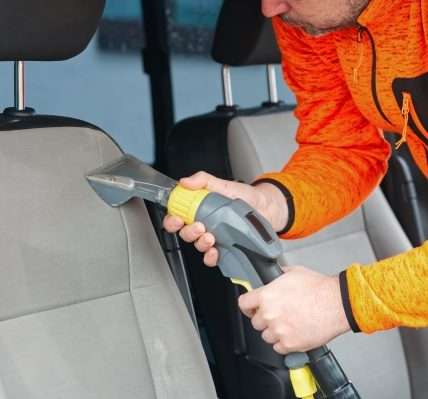Discovering that your beloved vehicle has reached the end of its road can be a disheartening experience. Facing a mountain of repair bills that outweigh the car’s actual value presents a significant dilemma. What are your options when you’re staring down the barrel of a vehicle deemed not worth fixing? Figuring out the next steps requires careful consideration of your financial situation, transportation needs, and available resources. This article will explore practical strategies for navigating this common automotive predicament, focusing on the best course of action for dealing with a car that’s not worth fixing.
Assessing the Situation: Is it Truly Beyond Repair?
Before making any drastic decisions, it’s crucial to ensure a fair and accurate assessment of your car’s condition. Obtain multiple quotes from reputable mechanics. Don’t rely solely on one opinion. A fresh perspective might reveal cost-effective solutions or identify less expensive, alternative repairs.
- Get Multiple Quotes: Compare estimates from different mechanics;
- Consider Independent Mechanics: They often offer more competitive rates.
- Review the Repair List: Prioritize essential repairs over cosmetic ones.
Your Options When Repair Isn’t Feasible
Once you’ve confirmed that repairs are economically unwise, several viable options remain:
Selling the Car “As Is”
Transparency is key here. Be upfront with potential buyers about the car’s known issues. Websites like Craigslist, Facebook Marketplace, and even local junkyards are potential avenues for selling a car “as is.” Lower your expectations regarding the selling price. Remember, you’re selling the car for its parts or scrap value.
Donating the Vehicle
Many charities accept vehicle donations, providing you with a tax deduction. Research reputable organizations and confirm their donation process. Ensure you receive proper documentation for tax purposes. Donating can be a rewarding way to give back to the community while simultaneously disposing of your unwanted vehicle.
Scrapping the Car
Local junkyards or scrap yards will often pay for vehicles based on their weight in metal. This is typically the least lucrative option, but it provides a quick and easy way to get rid of the car. Call around to different yards to compare prices and ensure they handle the disposal in an environmentally responsible manner.
Weighing the Pros and Cons: A Comparative Table
| Option | Pros | Cons |
|---|---|---|
| Selling “As Is” | Potential to recoup some value, relatively quick process | Requires finding a buyer, price will be low, potential for negotiation headaches |
| Donating | Tax deduction, supports a good cause, hassle-free disposal | No immediate financial return, deduction may be limited |
| Scrapping | Guaranteed disposal, quick and easy process | Lowest financial return, environmentally impactful if not handled properly |
Ultimately, deciding what to do with a car that’s not worth fixing involves a careful evaluation of your specific circumstances. Consider your budget, your transportation needs, and your ethical preferences. By thoroughly exploring your options, you can make an informed decision that aligns with your best interests. Remember to research all potential buyers or charities before proceeding. With careful planning and execution, you can navigate this challenging situation and find the best solution for your unwanted vehicle.

